Retail and wholesale are key partners in Europe’s future
“We call on the incoming EU institutions to work together with us to create the conditions for success and to transform the challenges we face into opportunities for a stronger, more competitive and more resilient Europe.
We all need to focus on making the EU a global leader in attracting investment and in retaining and growing talent. This should be based on partnership and coherent, practicable policy, supported by a resilient and dynamic Single Market, delivering sustainable growth.
We stand ready to help strengthen the EU as one of its most essential sectors and to lead by example on the European and global stage.”

EuroCommerce Manifesto Webinar – Delivering a dynamic Single Market and Sustainable Growth
Retail and wholesale are key partners in Europe’s future
What we need to succeed – co-creating the conditions for a more competitive and resilient EU
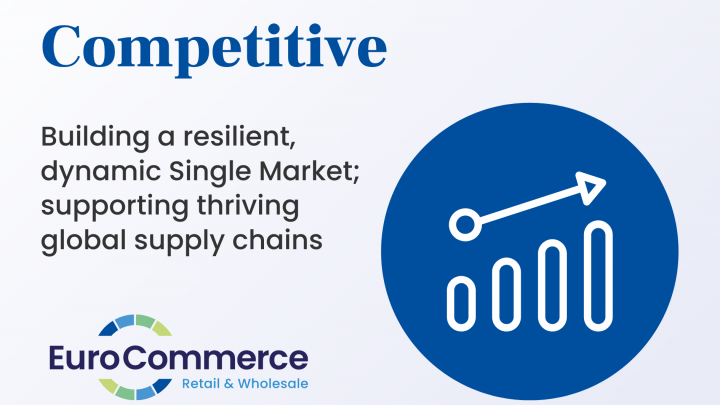
The Single Market is the bedrock on which to build a Europe that is strong, competitive, and resilient. It brings greater choice, innovation and affordability to consumers. It fosters the development of a value adding retail and wholesale ecosystem.
Retail and wholesale is recognised as a key sector with high potential for further Single Market integration but is still facing costly barriers that are holding back our sector’s competitiveness. Slow infringement proceedings and political interference hold our sector back.
Retailers and wholesalers need a Single Market that works for all businesses and consumers and policies that continue to facilitate trade across the world as our supply chains operate globally.
In the next mandate, retailers, wholesalers and consumers need support and stability to navigate a rapidly changing environment.
For retailers and wholesalers to deliver the transformation and to invest, we need higher quality, practical, coherent legislation, based on a sound understanding of our sector, which avoids unreasonable costs.
The volume of new legislation during the 2019–2024 EU mandate was overwhelming and has huge, ongoing implications for retailers and wholesalers. Its effects are also particularly keenly felt by SMEs and consumers, and ultimately have an impact on the EU’s competitiveness.
We need to see a decrease in regulatory and reporting burdens, combined with an increase in supportive measures.
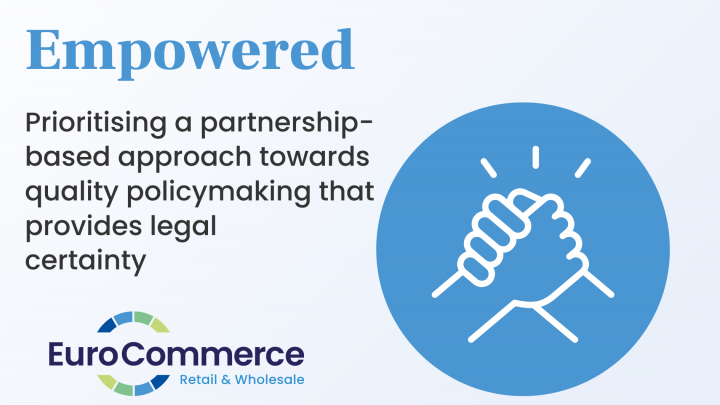
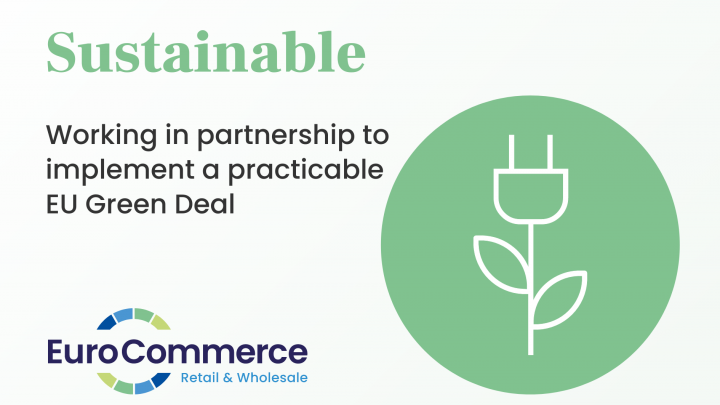
Retailers and wholesalers have a key role to play in the EU’s journey to achieve carbon neutrality by 2050 and a circular economy. Reducing scope 1 and 2 greenhouse gas emissions by up to 90% by 2030 will require an investment of up to €300bn, e.g. for refurbishing and modernising stores and fleets, investing in renewable and energysaving solutions for our sector, rolling out electric charging infrastructure, and more.
A transition towards more sustainable food systems is also urgently needed to address the climate, environmental, societal and economic challenges that the agrifood ecosystem currently faces. This is what consumers expect, and it is also what our sector is committed to take further action on, together with supply chain partners.
Shifting towards more circular systems will deliver wide-ranging environmental, economic and societal benefits, but will also require investments of up to 35 billion euros into the circular infrastructure alone. Our sector helps reduce demand for virgin materials by finding new ways of sourcing and offering goods and services, that include re-manufacturing, repair, reuse and recycling. We also recognise the huge potential for eco-design. For SME retailers and wholesalers, these initiatives present particular logistical and financial challenges.
At the same time, suppliers will be encouraged to use more sustainable materials. Equally important, are the investments needed to encourage a shift in mindset among consumers, towards circularity in their purchasing choices.
By 2030, 90% of the growth in retail and wholesale is expected to be driven by online sales. Retailers and wholesalers compete with technology companies and, to remain competitive, will need to invest up to €230 billion in IT and technology by the end of the decade. This is needed for the development of digital channels, automation, robotisation and cybersecurity.
The digitalisation of SMEs is particularly important, and finding ways to enable them to use digital tools should be a priority.
A channel-neutral approach will be critical to ensure that existing rules are applied consistently. We will need support and guidance to safeguard fairness online and to improve compliance with consumer protection requirements.
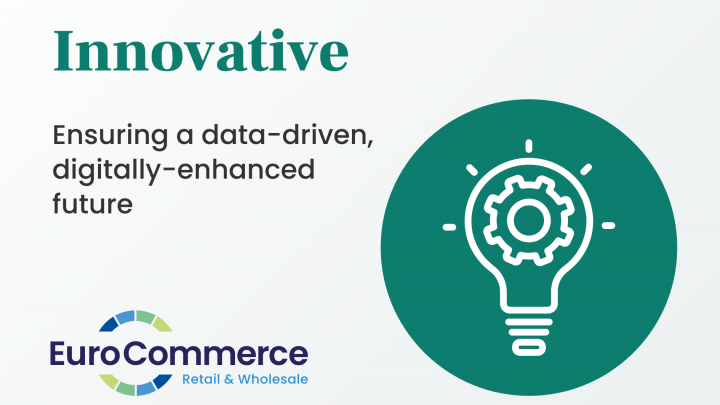
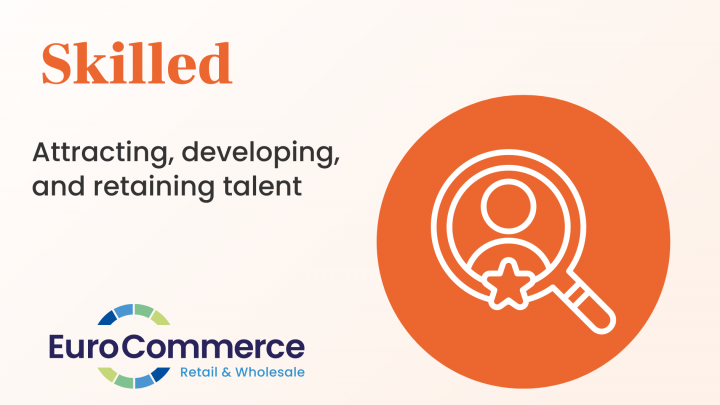
Retailers and wholesalers are the EU’s largest private employer and need to train half of their 26 million employees every year. Between now and 2030, the sector will need to invest up to an additional €35 billion in upskilling and reskilling. SMEs alone will need to double their investment in skills. This is essential to support the sector’s future.
Developing a skilled and competitive workforce goes hand-in-hand with sustaining vibrant and dynamic village, town and city centres. The pandemic saw many people leave the workforce, and shops and town centres shut down. The loss of retail has a far-reaching impact on individuals, communities, and the wider economy, and threatens the EU way of life. Demographic changes are also a huge challenge, given that we have an ageing population, while fewer young people are entering the labour market.









